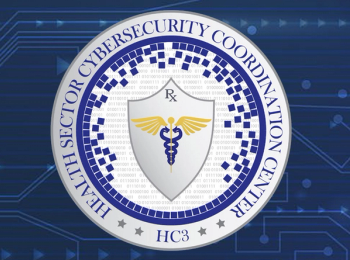
HHS calls for added security in latest threat brief on apps such as patient portals, telehealth.

HHS calls for added security in latest threat brief on apps such as patient portals, telehealth.
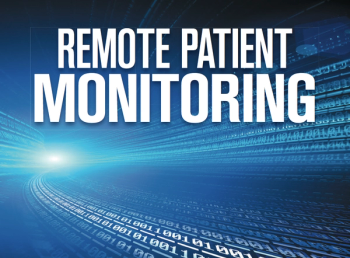
Recent advances have made benefits of remote monitoring more widely available

Health systems, loaded with patient data, remain prime targets for computer attacks, feds say.

As any competent clinician will tell you, having data is only one part of the equation. A clinician must also be able to intervene efficiently and effectively.
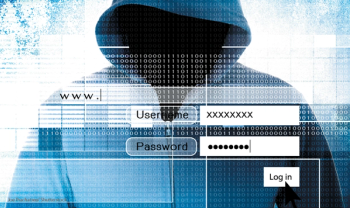
“Maui” ransomware is not about booking a Hawaiian getaway.

Study finds RPM associated with shorter hospital stays, less intensive care use

AI does just as well as doctors when it comes to predicting postoperative complications

Most are established patients getting treatment for routine diagnoses

13 tips to keep your patient data safe

Investors face an uphill task this year:Things have been difficult thus far but there will be selective opportunities to recover lost ground and perhaps record some gains this year.

Federal case follows news report about tracker programmed in patient portals.

Patients want their health records, but finding them when they want them proves elusive
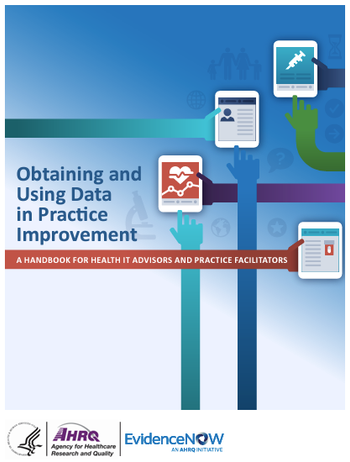
AHRQ publishes new handbook for primary care health IT advisers, practice facilitators to help improve quality through use of clinical EHR data.

Has the Medicare telehealth list changed for 2022?

Threat brief outlines steps to improve computer security in health care.

Study examines texts and phone calls to get patients in for COVID-19 vaccines.
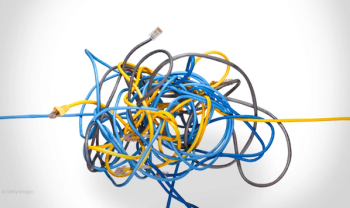
Survey shows physicians believe in interoperability’s potential to improve their practices, but are burning out while they wait
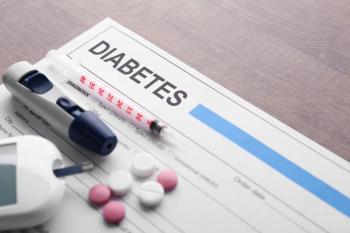
Constant communication and education are critical to help patients manage their diabetes symptoms and avoid costly complications.
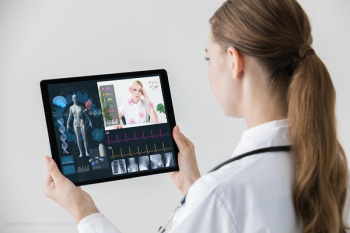
Study analyzes clinician, patient preferences for primary care, mental health and specialty care.
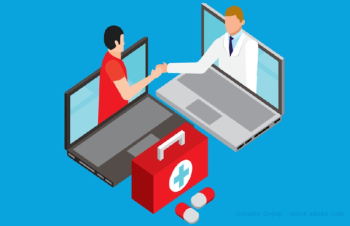
Telehealth rule flexibility could connect physicians, patients in different states

The providers in our clinic want to start billing e-visits. Can they bill for all the communication between the provider and patient through our online portal?
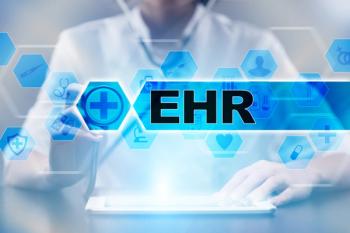
More than 41 minutes per day in office could be factor in doctor burnout.

Move is latest step in retail, telehealth, venture capital competition with physicians.

Report shows that health care organizations pay ransoms, but rarely get all their data back
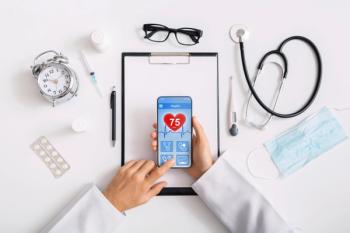
“Untethered” method, used by restaurants and airlines, leads to earlier appointments and time savings in clinic.